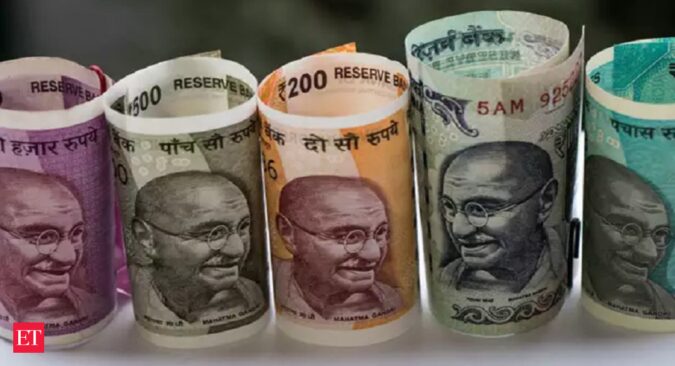Currency in circulation was down by 272.8 billion rupees ($3.30 billion) for week ended June 2, data from the Reserve Bank of India (RBI) on late Wednesday showed. It was down by 364.9 billion rupees in the week ended May 26.
On May 19, the RBI had said it will start withdrawing 2,000-rupee denominated notes from circulation. People holding those notes were to deposit them in their respective bank accounts or exchange them for smaller denominations between May 23 and September 30.
On Wednesday, Reuters reported that about three-fourths of Indians had chosen to deposit the notes into bank accounts so far, rather than exchanging them for smaller denominations.
While the total value of notes deposited or exchanged so far is not yet publicly available, six public and private sector bankers Reuters spoke to said over 80% of the notes received by them have been deposited into accounts, while the rest have been exchanged.
The rise in these deposits has given a push to the banking system’s liquidity surplus, which has stayed above two trillion rupees since the start of June, forcing the central bank to conduct reverse repos for four back-to-back sessions. It has also led to market expectations that the RBI may opt for overnight variable rate reverse repos, as banks not keen to mark much money for longer duration reverse repos. “It can be safely assumed that the banking system liquidity would increase by one trillion rupees to two trillion rupees gradually over the next few months,” said Sandeep Bagla, chief executive officer at Trust Mutual Fund.
